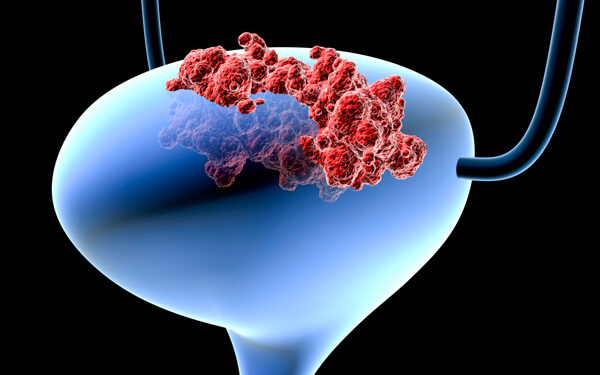Symptoms of Bladder Cancer
Early detection is crucial for effective treatment. Common symptoms include:
- Blood in the urine (hematuria)
- Frequent urination
- Pain or burning sensation while urinating
- Lower back pain
- Pelvic pain
If you experience any of these symptoms, it is important to consult an experienced specialist like Dr. Pawan Rahangdale for a thorough evaluation.
Bladder Cancer Diagnosis
Dr. Pawan Rahangdale utilizes the latest diagnostic techniques to detect bladder cancer, including:
- Urinalysis & Urine Cytology – To check for abnormal cells
- Cystoscopy – A minimally invasive procedure to examine the bladder
- Biopsy – To confirm cancer presence
- Imaging Tests – CT scans, MRI, and ultrasound to assess tumor size and spread
Bladder Cancer Treatment Options
At Urovision Urology Care Clinic, Pune, we offer comprehensive and advanced treatment plans tailored to each patient’s condition. Treatment options include:
1. Transurethral Resection of Bladder Tumor (TURBT)
A minimally invasive procedure where the tumor is removed using a cystoscope. This is the primary treatment for early-stage bladder cancer.
2. Intravesical Therapy
Medications, such as BCG therapy or chemotherapy drugs, are delivered directly into the bladder to treat cancer cells and prevent recurrence.
3. Bladder Cancer Surgery
For more advanced cases, Dr. Pawan Rahangdale may recommend partial or radical cystectomy, which involves removing part or all of the bladder. Advanced surgical techniques help improve patient outcomes and recovery.
4. Chemotherapy and Radiation Therapy
Systemic chemotherapy or radiation therapy may be used for invasive bladder cancer or to shrink tumors before surgery.
5. Immunotherapy and Targeted Therapy
Advanced treatments that enhance the body’s immune response to fight cancer cells or target specific cancer growth mechanisms.
Why Choose Dr. Pawan Rahangdale for Bladder Cancer Treatment in Pune?
- Experienced Urologist & Oncologist with expertise in treating bladder cancer
- State-of-the-art diagnostic and treatment facilities at Urovision Urology Care Clinic
- Personalized care and treatment plans tailored to each patient
- Advanced minimally invasive and surgical techniques for better recovery
- Comprehensive follow-up and post-treatment care to prevent recurrence
Book a Consultation Today
If you or your loved one is experiencing symptoms of bladder cancer, don’t delay seeking expert care. Dr. Pawan Rahangdale at Urovision Urology Care Clinic, Pune is here to provide the best bladder cancer treatment with compassionate care and cutting-edge medical advancements.

